One of my models has a deleted flag, which is used to hide objects globally:
class NondeletedManager(models.Manager):
"""Returns only objects which haven't been deleted"""
def get_query_set(self):
return super(NondeletedManager, self).get_query_set().exclude(deleted=True)
class Conversation(BaseModel):
...
deleted = models.BooleanField(default=False)
objects = NondeletedManager()
all_conversations = models.Manager() # includes deleted conversations
How can I override the default queryset used by Django admin module to include deleted conversations?
